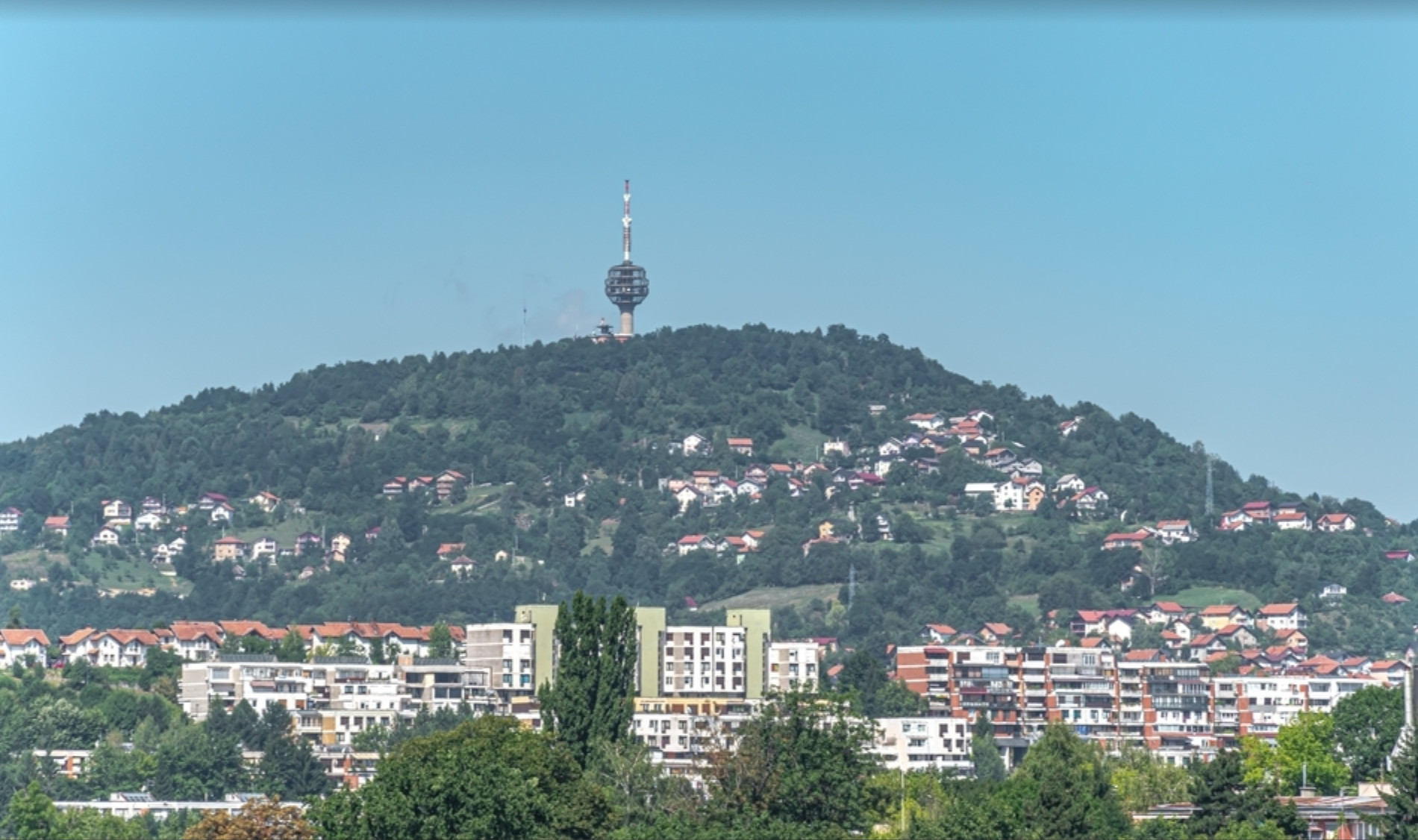Bosnia and Herzegovina: authorities urged to intervene in public broadcasting deadlock
Following the temporary interruption of RTV Federation of Bosnia and Herzegovina television and radio programs on May 8 2024, Media Freedom Rapid Response (MFRR) partners denounce the irresponsible political management that violates citizens’ right to freedom of information

Bosnia-and-Herzegovina-authorities-urged-to-intervene-in-public-broadcasting-deadlock
Sarajevo, Bosnia Erzegovina © Vedad.Ceric/Shutterstock
The long-running financial dispute between the national public broadcaster (BHRT) and the Federal Public Channel of Bosnia and Herzegovina (FTV), two of the country’s three public service media outlets, has led to an unprecedented media blackout ordered by BHRT’s board of directors.
"Most of the problems faced today stem from the Law on the Public Broadcasting System, adopted in 2005 and amended several times in the last period, yet never fully implemented in practice nor respected," said the BH Journalists Association, which denounced a huge lack of political will to resolve the situation.
An MFRR mission to Bosnia and Herzegovina , conducted in October 2023, had already highlighted the risk to the very existence of Bosnia and Herzegovina’s public service media if the perennial financial crisis was not urgently resolved.
In March 2024, the European Council decided to start accession negotiations, yet Bosnia and Herzegovina has not yet shown progress on the media issue, which is necessary to continue its path to the European Union. Instead, the European Commission highlighted a "retreat" in media freedom in its report published in November 2023.
MFRR partners urged the relevant authorities to find a sustainable solution to provide public broadcasters with sufficient funding for their normal operation, as well as the implementation of a legal framework that protects their independence and guarantees their public service mission.
Full text of the statement (English)
| This publication was produced within the Media Freedom Rapid Response (MFRR), co-funded by the European Commission. The contents of this publication are the sole responsibility of Osservatorio Balcani Caucaso Transeuropa and its partners and can in no way be taken to reflect the views of the European Union. |






